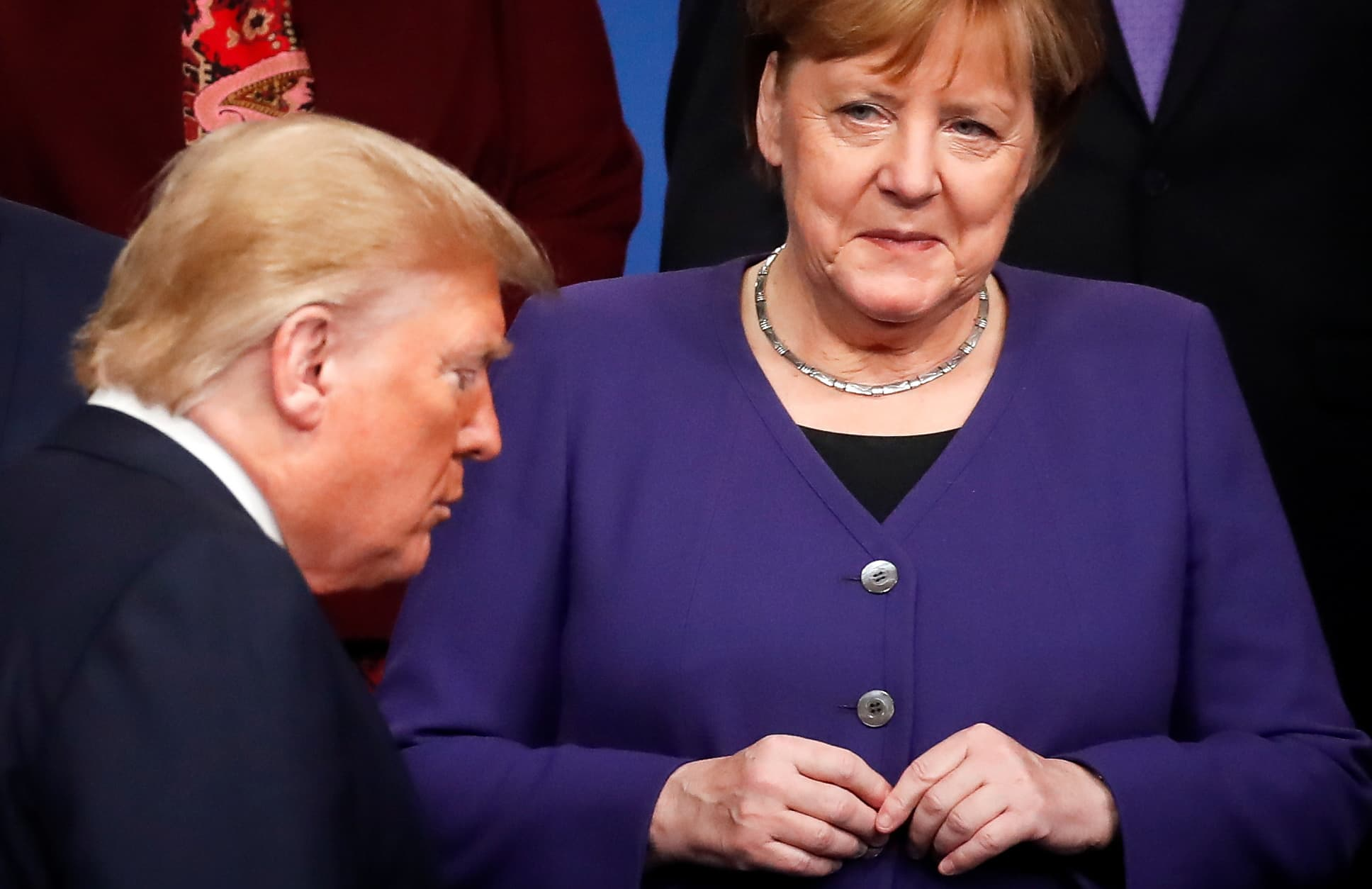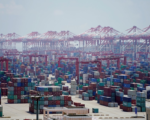Germany’s political crisis, unfolding alongside Donald Trump’s recent re-election, is adding strain to an already struggling economy, especially in key industries like automotive, banking, and energy. The collapse of Germany’s ruling three-party coalition has left the country in a precarious position with major reforms stalled and companies bracing for global shifts and trade tensions intensified by Trump’s administration and U.S.-China confrontations.
Following recent disagreements over how to revive the German economy, Europe’s largest, Chancellor Olaf Scholz’s government is now a caretaker administration, with new elections set for spring. Major firms such as Commerzbank, which hoped for government support to fend off a potential takeover bid from Italy’s UniCredit, and Volkswagen, Germany’s automotive giant, are now left without much-needed political backing. “In the face of global crises and uncertainty, we need clarity,” said Evonik Industries CEO Christian Kullmann, pressing for expedited elections.
Trump’s recent victory has amplified concerns about U.S.-Europe trade relations, with possible 20% tariffs on European exports threatening to reduce Germany’s GDP by up to 1.5% by 2027-2028, according to German economic institute IW. Chancellor Scholz’s recent dismissal of Finance Minister Christian Lindner ended the fragile coalition, heightening the crisis just as companies were seeking government-led industry support.
Scholz, facing pressure to respond swiftly, announced plans for a comprehensive economic growth package, targeting issues like pensions and immigration. However, with no parliamentary majority, opposition calls for new elections have cast doubt on the viability of his proposals. The turmoil also affects Commerzbank, which may see UniCredit move forward with a takeover bid as political focus shifts to elections. Commerzbank labor union leader Jan Duscheck urged the government to oppose any takeover by UniCredit.
Germany’s car manufacturers are also hit hard. Volkswagen, grappling with the electric vehicle market’s rapid growth, has hinted at plant closures and wage cuts in Germany for the first time in its history. Without state support, such companies face greater risks. The current disarray in Berlin leaves limited room for the government to assist struggling sectors, despite Scholz’s reassurances following meetings with executives like Volkswagen’s Oliver Blume.
Meanwhile, energy company Uniper’s planned stock market re-listing may be delayed due to the unstable political environment, even as Berlin’s finance ministry holds a 99% stake in the company valued at over €19 billion. Scheduled for spring, this re-listing could now be pushed back by snap elections.
Although Germany’s industrial earnings are projected to drop by 2.8% in the third quarter—trailing other European economies—some leaders remain cautiously optimistic. Allianz economist Ludovic Subran noted the historic moment for Germany to potentially transform its “shrinking to greatness” into renewed growth. The outcome, however, hinges on stabilizing Germany’s political landscape before global pressures worsen.

















